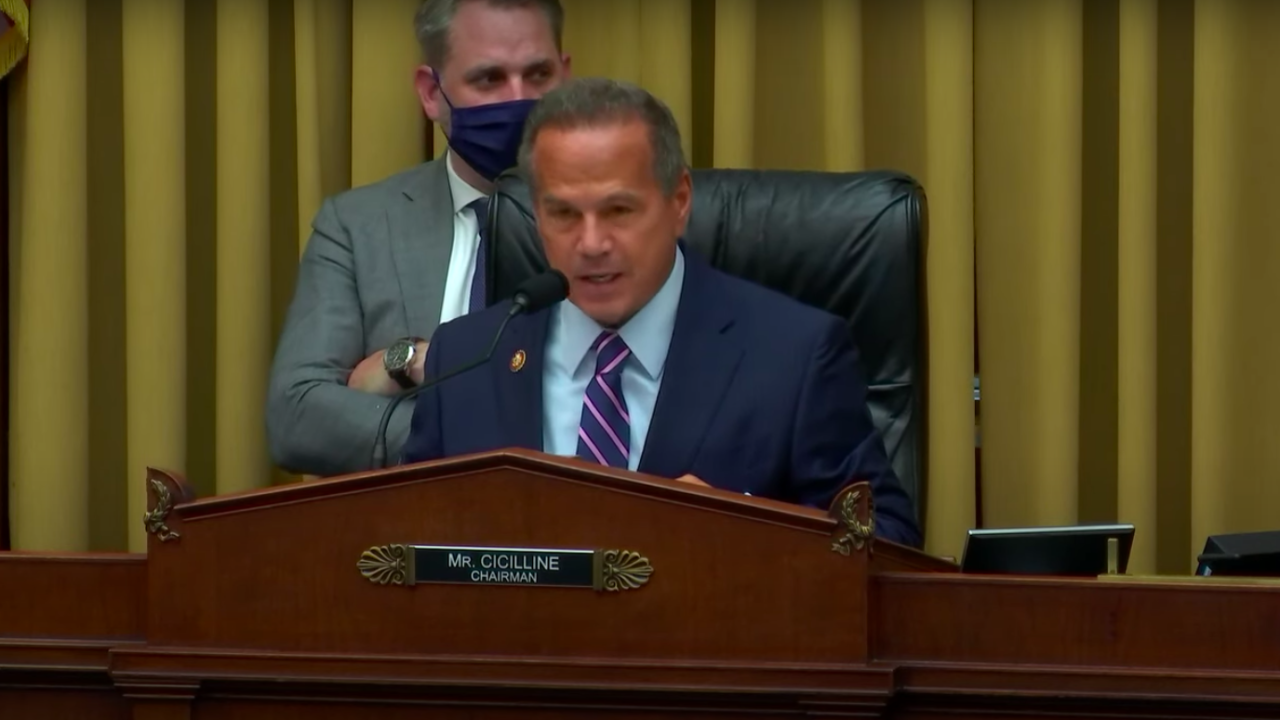
Preconceived Conclusions Coming out of House Antitrust Hearings
by Isabelle Morales
On Thursday, October 1, the House Subcommittee on Antitrust, Commercial, and Administrative Law held a hearing entitled, “Proposals to Strengthen the Antitrust Laws and Restore Competition Online.”
Chairman David N. Cicilline began the hearing by describing big tech companies as the kind of monopolies we last saw a century ago, during the time of oil tycoons. He described the subcommittee’s report on big tech as eye-opening, and a clear sign that something must be done to quell the monopoly power held by Google, Amazon, Facebook, and Apple.
Form all of the Chairman’s comments we know these hearings are designed to reach the conclusion he already has in mind.
Ranking member F. James Sensenbrenner defended the consumer welfare standard, which was a defense echoed by witnesses Tad Lipsky and Christopher Yoo. Rep. Sensenbrenner explained that the legislature is ill-suited to micromanage the economy, and probably even worse at predicting what it will look like in the future. Lipsky and Yoo both explained how the consumer welfare standard has contributed to a thriving American economy and that all presented alternatives would work far worse in practice than in theory.
Alternative antitrust law proposals came from all except the two aforementioned witnesses. Some GOP members, like Rep. Buck and Rep. Armstrong, had a more tamed view than left-wing members and witnesses, but still argued that there must be more funding and enforcement behind antitrust law, echoing Rachel Bovard’s testimony. Another popular topic among GOP members was about conservative viewpoint discrimination and censorship on social media. After being questioned on Section 230 by Rep. Jim Jordan, Bovard argued that antitrust enforcement could help solve the “censorship” problem.
Sally Hubbard proposed that we use 1968 merger guidelines as a model. Basically, if a company has a certain amount of market power, they are not allowed to acquire any other companies. Additionally, Zephyr Teachout proposed single line of business rules. Christopher Yoo responded to this proposal by saying, “There is strong evidence that proposals to prevent companies from entering complimentary lines of business would likely harm consumers.” Several witnesses and members were, of course, proponents of structural breakups and stronger regulation of tech giants.
There is plenty of evidence that individual benefit as a result of many of these practices, but elected officials have their own priorities that seem geared to increasing their own power rather than the power of individual Americans.
Photo Credit: U.S. House Judiciary Committee